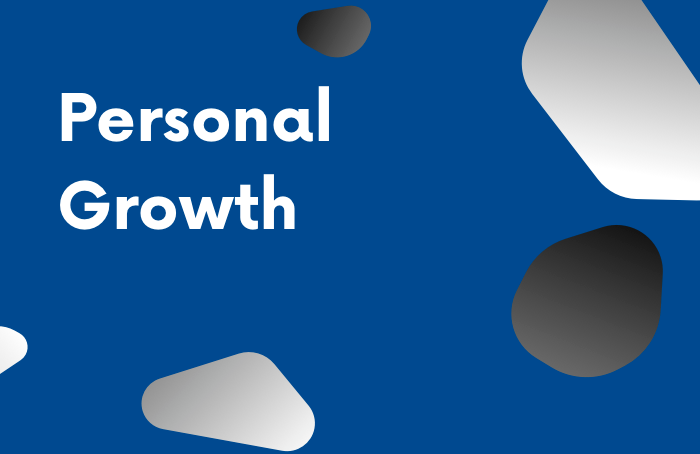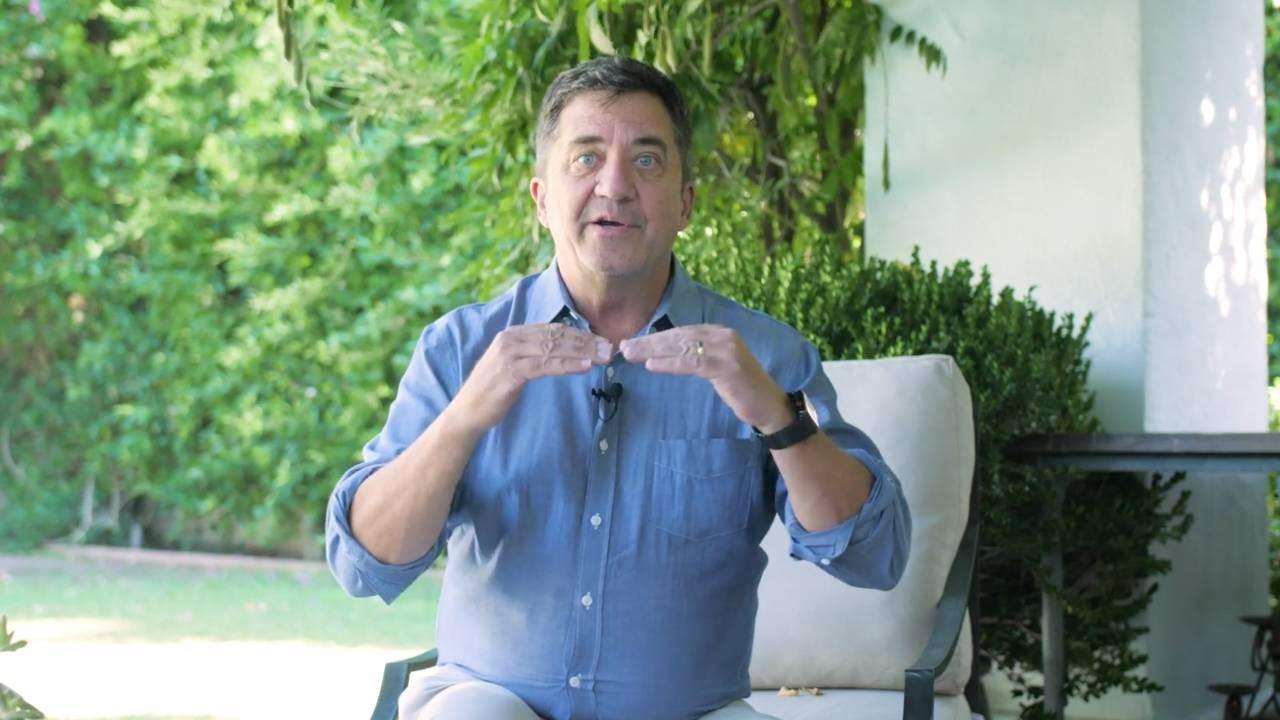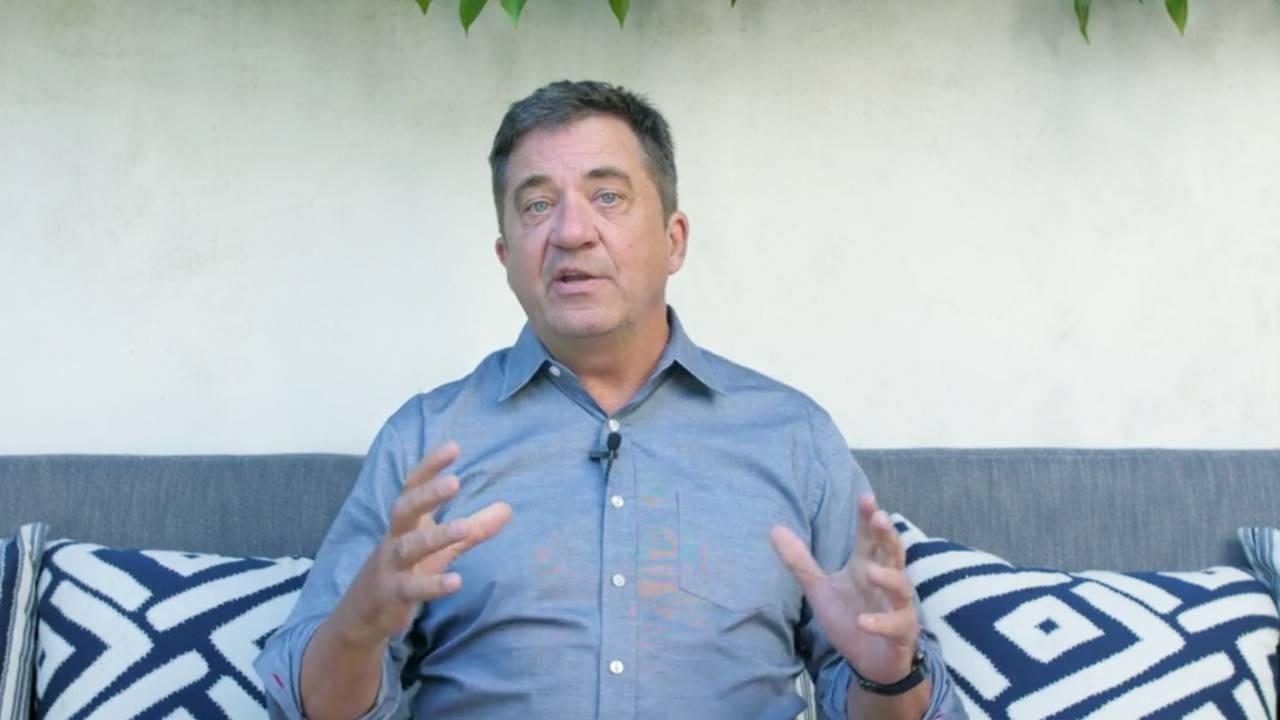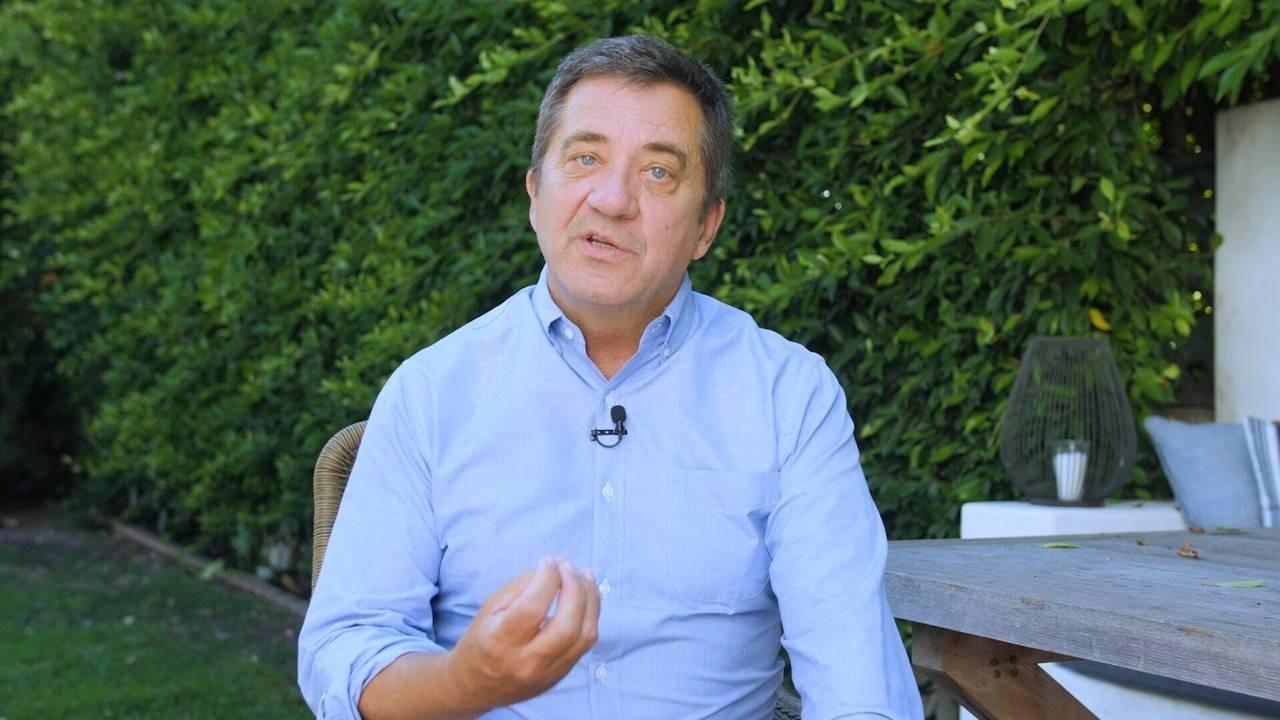Are you ready to get started?
Your assessment results suggest that you would get a lot out of our personal growth path. Click the button to get started or scroll down to learn more about the path, or a little further down for more suggestions.

What you will learn on the personal growth path:
This path is intended to equip you with the boundaries-based skills and intelligence you need to become the kind of person that reaches their goals and dreams. It will help you overcome the common but avoidable roadblocks that can knock you off course.
You'll increase your emotional intelligence and have better relationships, you'll become more productive and effective, and learn how to discover and fully harness your talents and gifts.
Paths are self-paced, meaning you can complete them on your own timeline, at whatever speed feels right to you. Our suggestion is to plan on spending about 6 months working through this material.
Courses include:
Self-Boundaries, How to Say No, Vision, The Growth Mindset, Accountability, Resilience, Anxiety, Shame, Processing Pain, Grief, How to Deal with Anger, Don't Let Fear Hold You Back, Thinking, Own Your Time Own Your Energy, Strengths and Weaknesses, Getting Unstuck, Asking For Help
Or try one of these individual courses:

Processing Pain
If we are going to invest in our lives, it’s going to take some deep digging inside of ourselves. And to dig deeply means that we must face some fears and obstacles. What can you identify in your life that has caused you to bury your treasure? The truth is, that those who succeed in any aspect of life have not allowed those influences to keep their dreams and desires hidden. They have dug them up, faced their fears, taken risks, failed, gotten up again and found that they could indeed build something beautiful.

Growth Mindset
When you think about how you want to grow in your life, I want you to think about something: How do you interpret your ability to do something? Do you think that it’s fixed and can never be changed, or do you interpret it as a state today that can change in the future? There is a gap between failure and our ability to see whether or not we can learn to grow past an obstacle, and it has everything to do with the tone of our inner voice. What does your internal dialogue sound like? Is it negative? Are you included to shame yourself? It’s one thing to coach yourself through something difficult, but it’s another to judge to condemn yourself. In this course, I’m going to talk to you about how to open your mind up to being curious so you can get into the right frame of mind to achieve your goals.

Changing Negative Thinking Patterns
We all have patterns of thinking that can be negative, limiting, excusing, or closed. We can find ourselves thinking only about what is wrong around us instead of what we can do to change it. We also have ways of thinking that make our lives more fulfilled, seeing possibilities instead of obstacles. As you go through this course, reflect on how your thinking about yourself, your relationships and your performance has had an impact on the way you’ve lived your life.

Forgiveness
When someone has been hurt, and they do one of two things. Either they confront the other person about something that has happened, the other person says he’s sorry, and they forgive, open themselves up again, and blindly trust. Or, in fear of opening themselves up again, they avoid the conversation altogether and hold onto the hurt, fearing that forgiveness will make them vulnerable once again. In this course, we’re going to talk about what forgiveness does for you, what forgiveness is not and how we move forward with ourselves and future relationships.
Feel Like Going in a Different Direction?

Standing Up to Your Spouse
The issues are different for many couples, but the perplexity is often the same. One spouse feels something is missing, but he/she can’t figure out what it is. He/She tries to do the right things. He/she gives, sacrifices, honors the commitment, and believes the best. And yet he/she doesn’t achieve intimacy, or worse than that, she doesn’t avoid pain. In some cases, the confusion hides itself behind the simplistic explanations that problems such as addiction, irresponsibility, control, or abuse provide. In other cases, there may be no “problems,” but the marriage does not live up to the promise that one or both of the partners had in the beginning. Commitment may be strong, but love, intimacy, and deep sharing are not present. Why does this happen with two people who are so committed to the relationship?

How to Avoid Drama
Life is full of traps. Sometimes this fact is never more apparent than in our relationships with others. One of the biggest traps that we all fall into at one time or another is getting stuck in the whirlpool of unnecessary drama. You know what I’m talking about: that friend who may have lots of good attributes, but always manages to trigger an argument whenever you’re together; that coworker who seems to only ever want to talk about your mutual colleagues and the zillion ways they’re doing everything wrong; that fragile friend whose feelings get hurt no matter what you do or say; or what about that person who you’re always having to save from the assorted troubles that seem to follow them around wherever they go? Getting bogged down by these kinds of people and issues can be seriously demotivating. They zap you of your energy. Left alone, these relationships will end badly. Most drama is avoidable by laying down solid boundaries.

